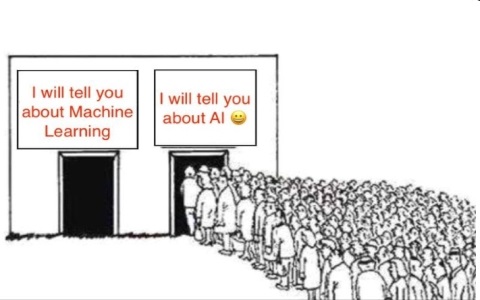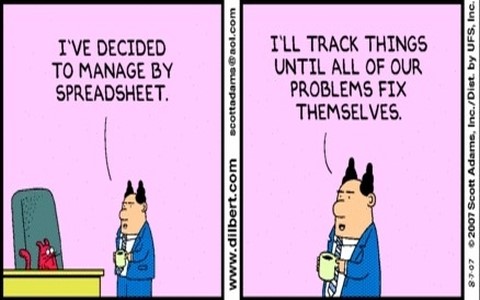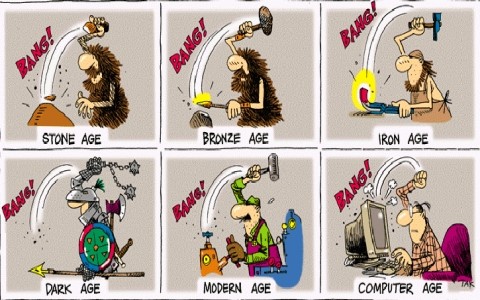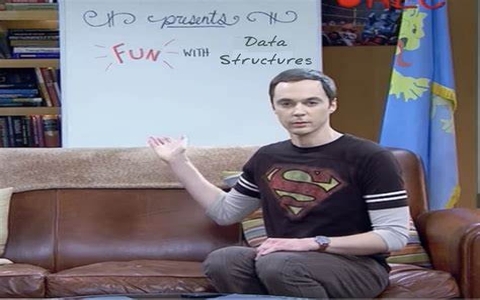Overview
Quantum computers are becoming available, which begs the question: what are we going to use them for? Machine learning is a good candidate. In short, Quantum machine learning is a research area that explores the interplay of ideas from quantum computing and machine learning. QML bridges the gap between abstract developments in quantum computing and the applied research on machine learning. QML has the potential to change what the future looks like. Individually, they're amazing; but together, they're unstoppable.
Quantum computing can theoretically speed up matrix multiplications and process massive amounts of data very quickly, and thus may represent a paradigm shift in AI and ML.
In March 2020, Google announced the release of TensorFlow Quantum - a series of tools combining state-of-the-art machine learning and quantum computing algorithms.
So, what actually is Quantum Machine Learning?
Quantum machine learning is the integration of quantum algorithms within machine learning programs. There are several definitions of the term quantum machine learning. Aimeur, Brassard and Gambs, introduced a way that used for approaches of how to combine quantum computing and machine learning, depending on whether one assumes the data to be generated by a quantum (Q) or classical (C) system, and if the information processing device is quantum (Q) or classical (C), namely, CC, QC, CQ, and QQ.
-The case CC refers to classical data being processed classically. This is the conventional approach of Machine learning.
-The case QC investigates how machine learning can help with quantum computing.
-The CQ setting uses quantum computing to process classical datasets. The central task of the CQ approach is to design quantum algorithms for data mining, and there are a number of strategies that have been proposed by the community.
- The last approach, QQ, looks at 'quantum data' being processed by a quantum computer. This can have two different meanings. First, the data could be derived from measuring a quantum system in a physical experiment and feeding the values back into a separate quantum processing device.
The Bigger Picture
But the story is bigger than just using quantum computers to tackle machine learning problems. Quantum circuits are differentiable, and a quantum computer itself can compute the change in control parameters needed to become better at a given task. The idea of training quantum computers is larger than quantum machine learning. Trainable quantum circuits can be leveraged in other fields like quantum chemistry or quantum optimization. It can help in a variety of applications such as the design of quantum algorithms, the discovery of quantum error correction schemes, and the understanding of physical systems.
PennyLane is one such open-source software framework built around the concept of quantum differentiable programming. It seamlessly integrates classical machine learning libraries with quantum simulators and hardware, giving users the power to train quantum circuits.















